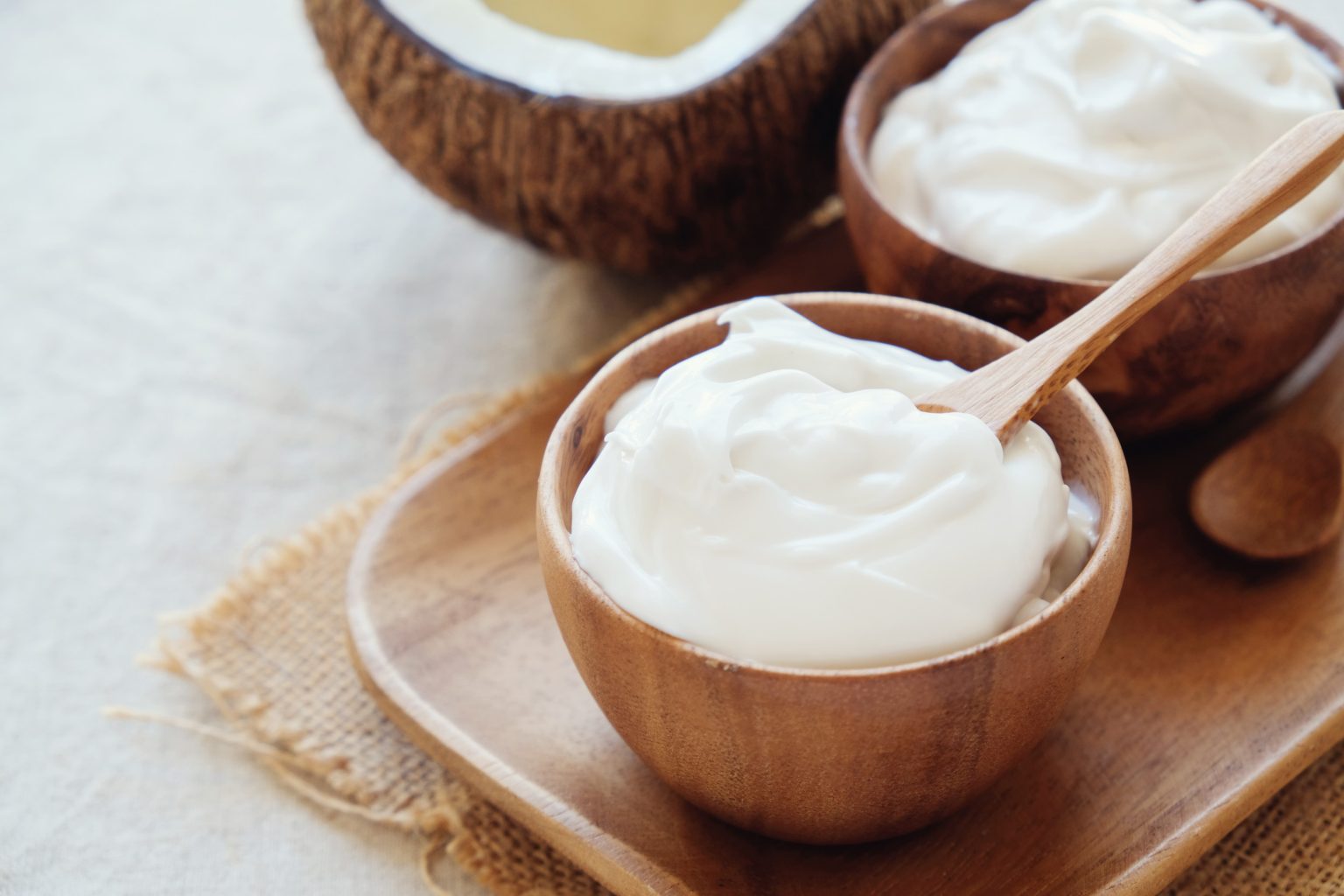The allure of social media endorsements can be powerful, especially when it comes to health and wellness products. The recent surge in popularity of a specific probiotic yogurt on platforms like TikTok exemplifies this phenomenon. This yogurt, priced significantly higher than typical yogurt brands, boasts a high concentration of probiotics and promises a range of benefits, from improved digestion to enhanced skin health and even mood elevation. This has resonated with a large audience, particularly those struggling with gastrointestinal issues, which are surprisingly common. However, this raises crucial questions about the validity of health claims propagated through social media and the potential influence of influencer marketing on consumer choices.
The popularity of this probiotic yogurt can be attributed to several factors. Firstly, the prevalence of digestive problems creates a receptive market for products promising relief. The yogurt’s marketing emphasizes its high probiotic content, suggesting a more potent and effective solution compared to standard yogurts. This resonates with consumers seeking convenient and comprehensive gut health solutions without navigating the complexities of individual probiotic supplements. The brand cultivates an image of premium quality, emphasizing its small-batch production, organic ingredients, and lengthy fermentation process, further justifying its higher price point. Finally, the enthusiastic endorsements from social media influencers, coupled with anecdotal testimonials of positive experiences, contribute significantly to the product’s appeal and perceived efficacy.
While the yogurt’s probiotic content might offer potential benefits, expert opinions emphasize the importance of individual variability in response to probiotics. Registered dietitian nutritionist Bridget Wood acknowledges the documented benefits of probiotics in supporting various aspects of health, including digestion, skin health, and mood. She notes the high concentration and diversity of probiotic strains in the yogurt as a potential advantage, offering consumers a convenient way to incorporate a broad spectrum of probiotics into their diet. However, she also cautions that individual responses to probiotics can vary significantly, with some experiencing immediate benefits while others may undergo an initial “purging” phase with temporary adverse effects.
The rise of gut health as a trending topic on social media presents both opportunities and challenges. While it raises awareness and encourages dialogue about an important aspect of health, it also necessitates a critical approach to the information shared. Registered dietitian nutritionist Christine Byrne expresses concern about the potential for misleading or even harmful advice being disseminated online, irrespective of the source. She emphasizes that while trying a new product or supplement might be harmless for most, individuals with existing health conditions should exercise caution and consult with qualified healthcare professionals before making significant dietary changes or incorporating new supplements. The emphasis on individual consultation underscores the importance of personalized advice tailored to specific health needs and circumstances, rather than relying solely on generalized online recommendations.
The brand justifies its premium pricing by highlighting the quality of its ingredients, the unique fermentation process, and the high concentration of live probiotics. It contrasts its product with conventional yogurts, claiming that many commercial yogurts contain significantly fewer live bacteria, rendering them less effective. The brand emphasizes the use of organic ingredients, small-batch production, and a specialized fermentation process in glass containers, differentiating its product from mass-produced alternatives. The spokesperson also points out the difference between live and active cultures in their yogurt compared to freeze-dried bacteria found in many probiotic supplements, suggesting a greater efficacy for their product. They address concerns about reported skin breakouts, attributing them to the interaction of the probiotics with existing gut bacteria and a potential histamine reaction, assuring consumers that these effects are usually temporary.
The popularity of this probiotic yogurt underscores the increasing consumer interest in gut health and the influence of social media on purchasing decisions. While the high probiotic content and positive testimonials may be compelling, it’s crucial to approach such products with a discerning eye. Consulting with qualified healthcare professionals before making significant dietary changes or incorporating new supplements, particularly for individuals with pre-existing health conditions, is paramount. Ultimately, while social media can serve as a platform for discovering new products and exchanging experiences, personalized advice from qualified professionals remains essential for navigating the complexities of health and wellness. The high price tag also necessitates careful consideration of individual needs, budgets, and alternative options available in the market.













